Professional Training for Practitioners|Equipping Frontline Professionals to Safeguard Every Child
Since its establishment in 2013, the Child Protection Institute has been committed to offering customized professional training for teachers, social workers, healthcare professionals, legal practitioners, and corporate staff. Our courses cover key topics including identifying signs of child abuse, crisis intervention, case management, child protection policy development, and cross-sector collaboration, empowering participants to respond effectively and sensitively to child protection concerns in their professional roles.
All sessions are led by experienced frontline social workers with extensive backgrounds in community education and intervention. To date, over 65,000 individuals have taken part in our training programmes, with highly positive feedback on the learning outcomes.
Educational institutions, healthcare providers, NGOs, and companies are welcome to contact us for collaboration: cpi@aca.org.hk
Professional Course
CPl-T01 Certificate Course on Identification, Assessment and Intervention of Suspected Child Abuse Case
Target Audience: In-service or newly recruited teachers, social workers, and individuals working with children
Time: 09:30 - 17:30 (two sessions - total 7 hours)
No. of Participants: 30 or fewer
Objectives:
-
Development on Child Protection in Hong Kong
-
Definition and Types of Child Abuse
-
Identifying Suspected Child Abuse Cases
-
Trends and Overview of Child Abuse
-
Impact of Abuse on Children
-
Laws on Child Abuse
-
Risk Assessment on Child Abuse Cases
-
Interviewing Skills with Abused Children and Related Parties
-
Procedures for Handling Child Abuse Cases
-
Mock Multi-disciplinary Case Conference (MDCC)
Remarks: Participants who complete the course will receive a certificate issued by the Institute.
Participant Feedback:
-
The mock multi-disciplinary meeting helped us understand the entire process and key intervention stages in child abuse cases.
-
The training included rich content with interactive sessions, case sharing, and role plays, making it easier to grasp the core messages of child protection.
-
The speaker demonstrated strong familiarity with current laws and real-world scenarios.
-
Provided practical skills for handling cases.
-
The content was highly relevant to our professions, and the case sharing encouraged reflection and critical thinking.
|
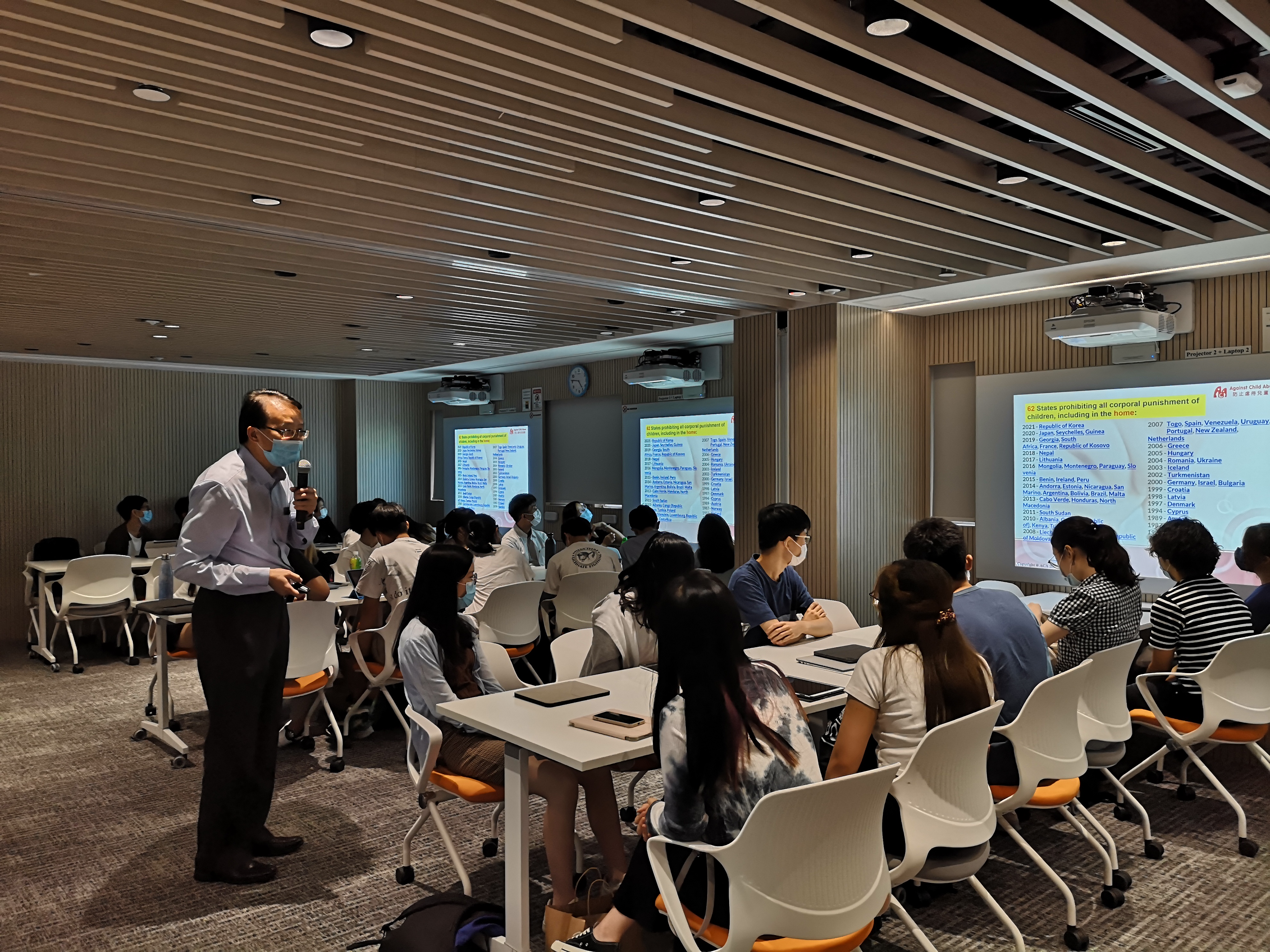
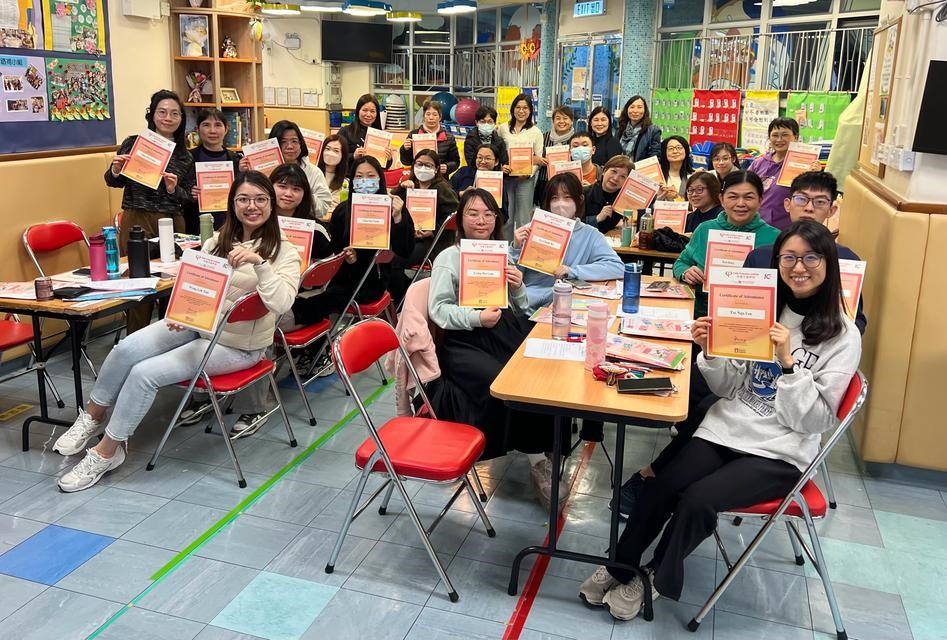
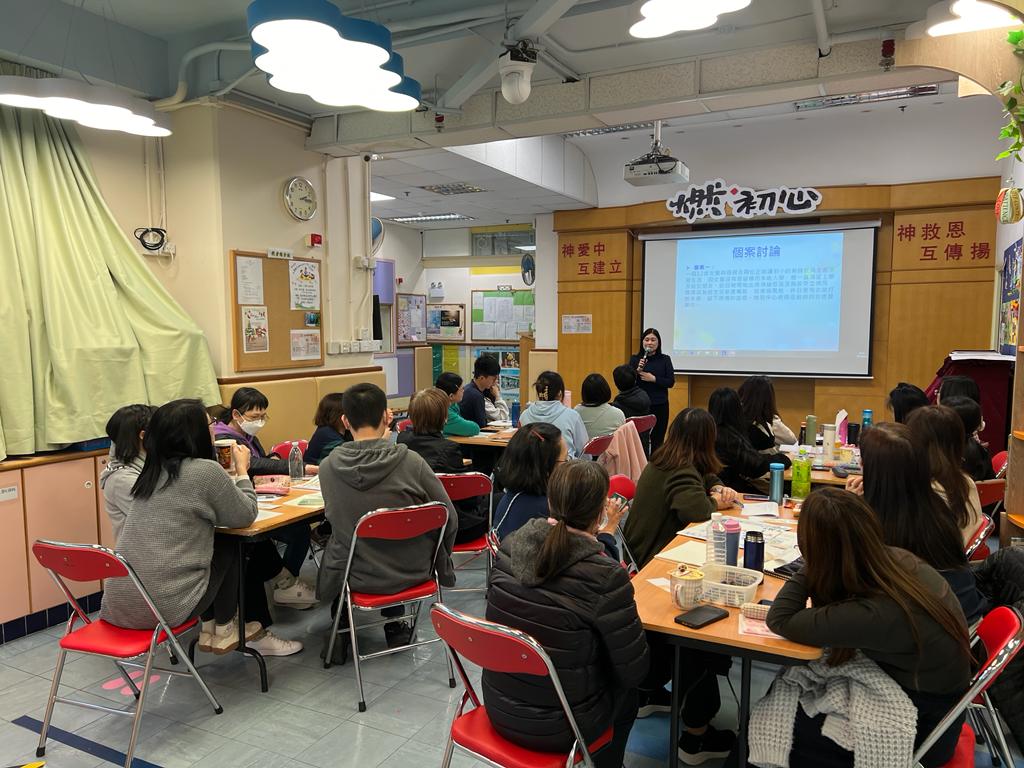 |
CPl-T02 Certificate Course on Prevention of Child Sexual Abuse
Target Audience: In-service or newly recruited teachers, social workers, and individuals working with children
Time: 09:30 - 17:30 (two sessions - total 7 hours)
No. of Participants: 30 or fewer
Objectives:
- Definition and impact of child sexual abuse
- Indicators of suspected child sexual abuse
- Interviewing skills for suspected sexually abused children
- Risk assessment of child sexual abuse cases
- Intervention and procedures for handling cases of child sexual abuse
- Preventive services
Remarks: Participants who complete the course will receive a certificate issued by the Institute.
Participant Feedback:
- Shared practical case studies involving intervention and assessment for children of different ages
- Role-play exercises helped us experience the questioning process and understand relevant mechanisms and information
- Provided a wide range of real-life examples, offering in-depth insight highly relevant to our profession
- Gained a deeper understanding of the long-term harm caused by sexual abuse on a child’s development
- The training addressed child sexual abuse comprehensively from therapeutic, preventive, and advocacy perspectives
|
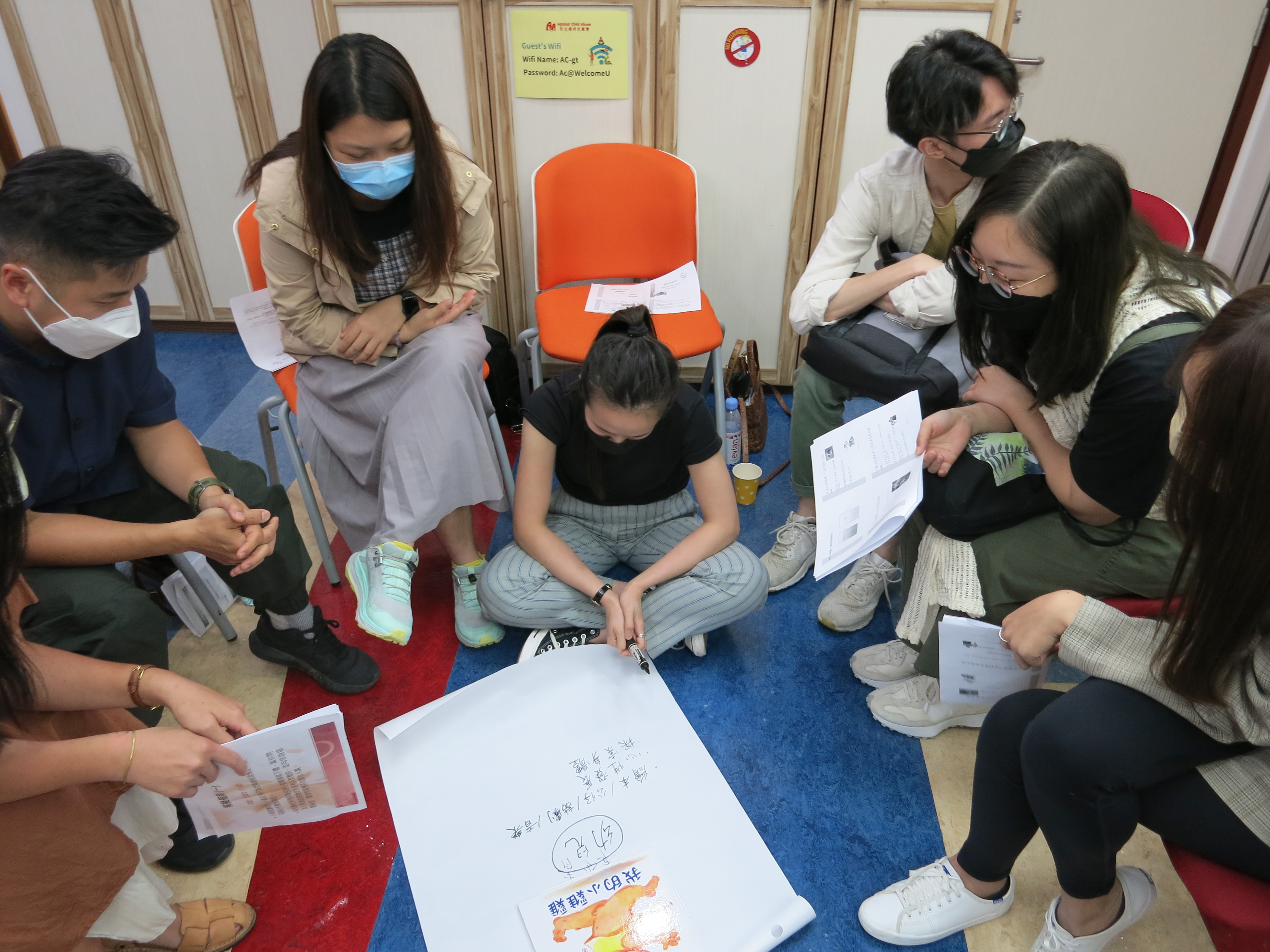
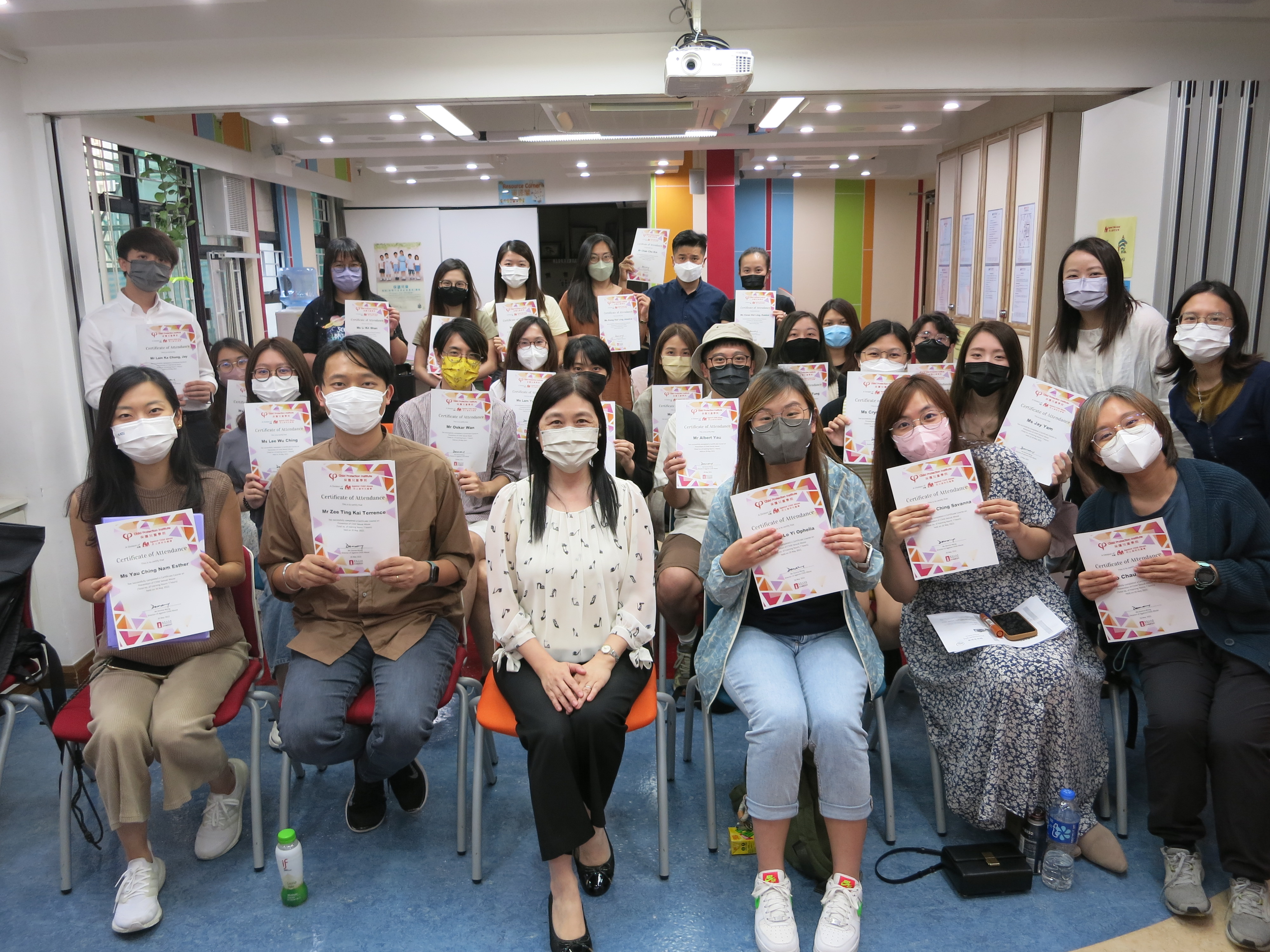 |
CPl-T03 Workshop on Identification and Handling of Suspected Child Abuse Cases
Target Audience: Kindergartens, primary and secondary schools, and various organizations
Duration: At least 2 hours
No. of Participants: 50 or fewer
Objectives:
- Understanding the Definition of Child Abuse
- Trends and Overview of Child Abuse
- Identifying Suspected Child Abuse Cases
- Procedures for Handling Child Abuse Cases
*Group registration is required. The Institute can tailor the training content according to specific needs.
Participant Feedback:
- The content catered to the specific needs of students in each school.
- The speaker's explanation was clear, with recent case examples that were relevant to current events.
- Helped us better identify the types and characteristics of child abuse.
- Role-plays with immediate guidance on techniques for talking with suspected abused children were highly practical.
- Provided a clear explanation of the definition of child abuse, with in-depth understanding of relevant laws and case handling procedures.
|
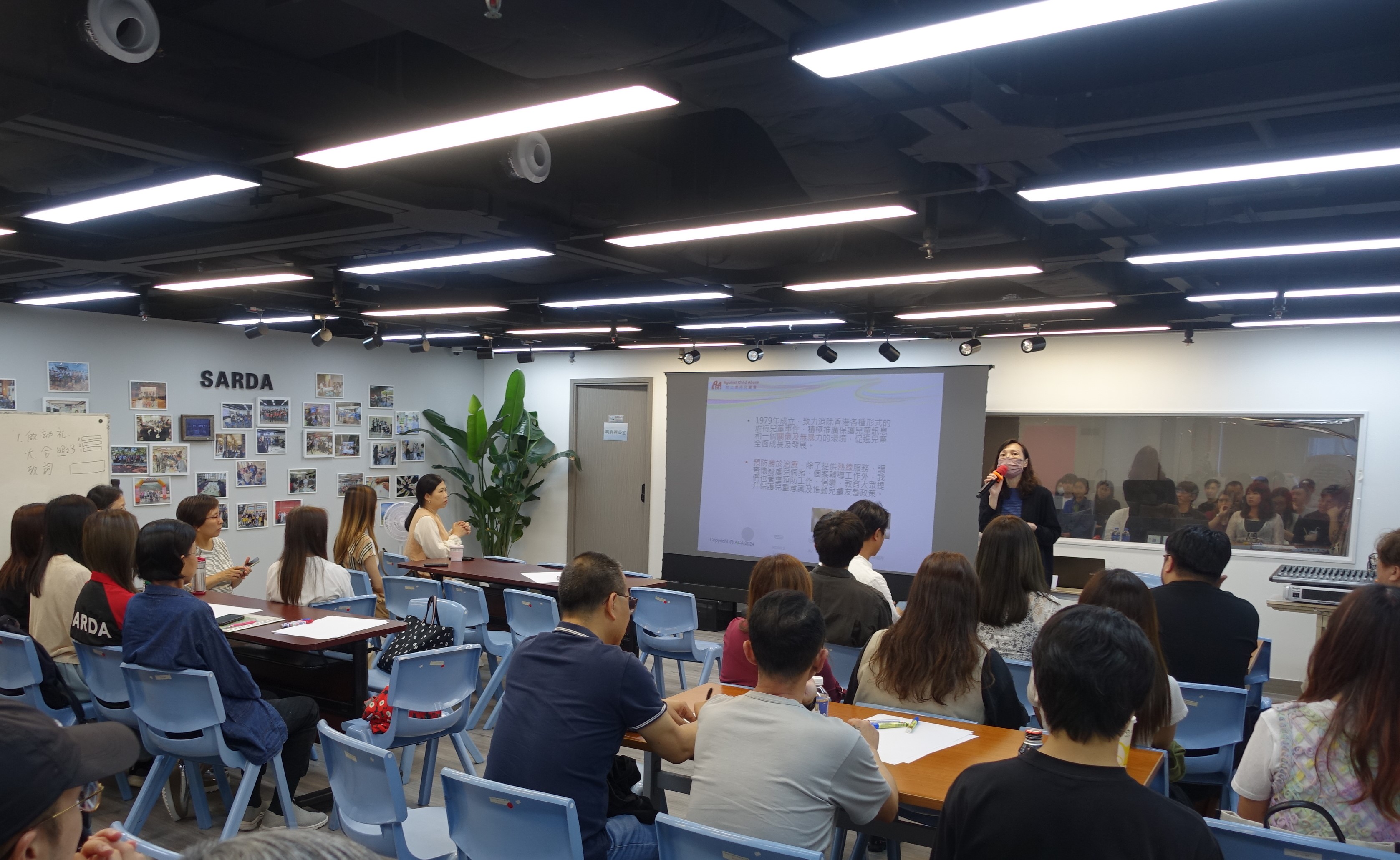
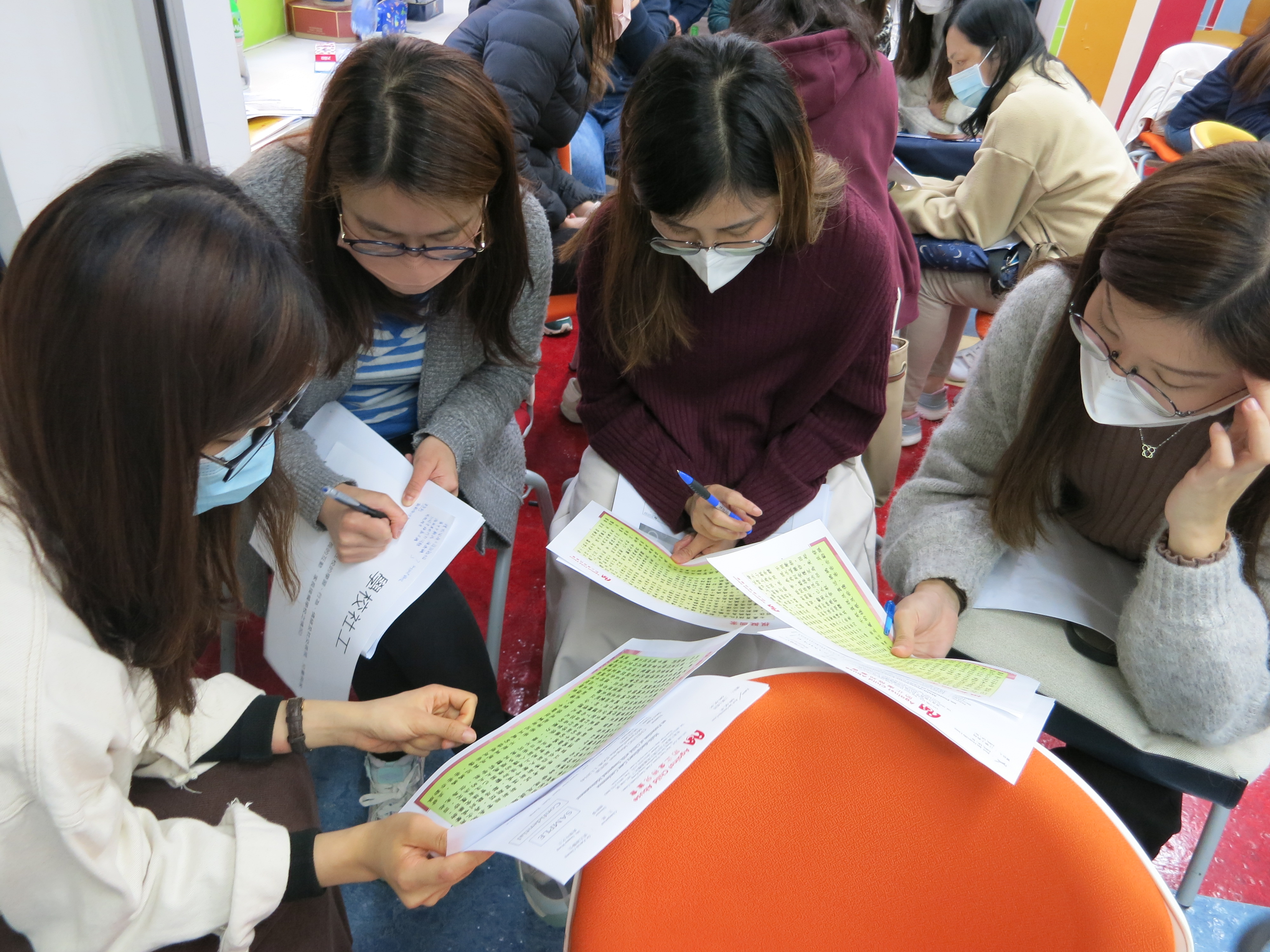 |










 Child Protection Institute
Child Protection Institute



